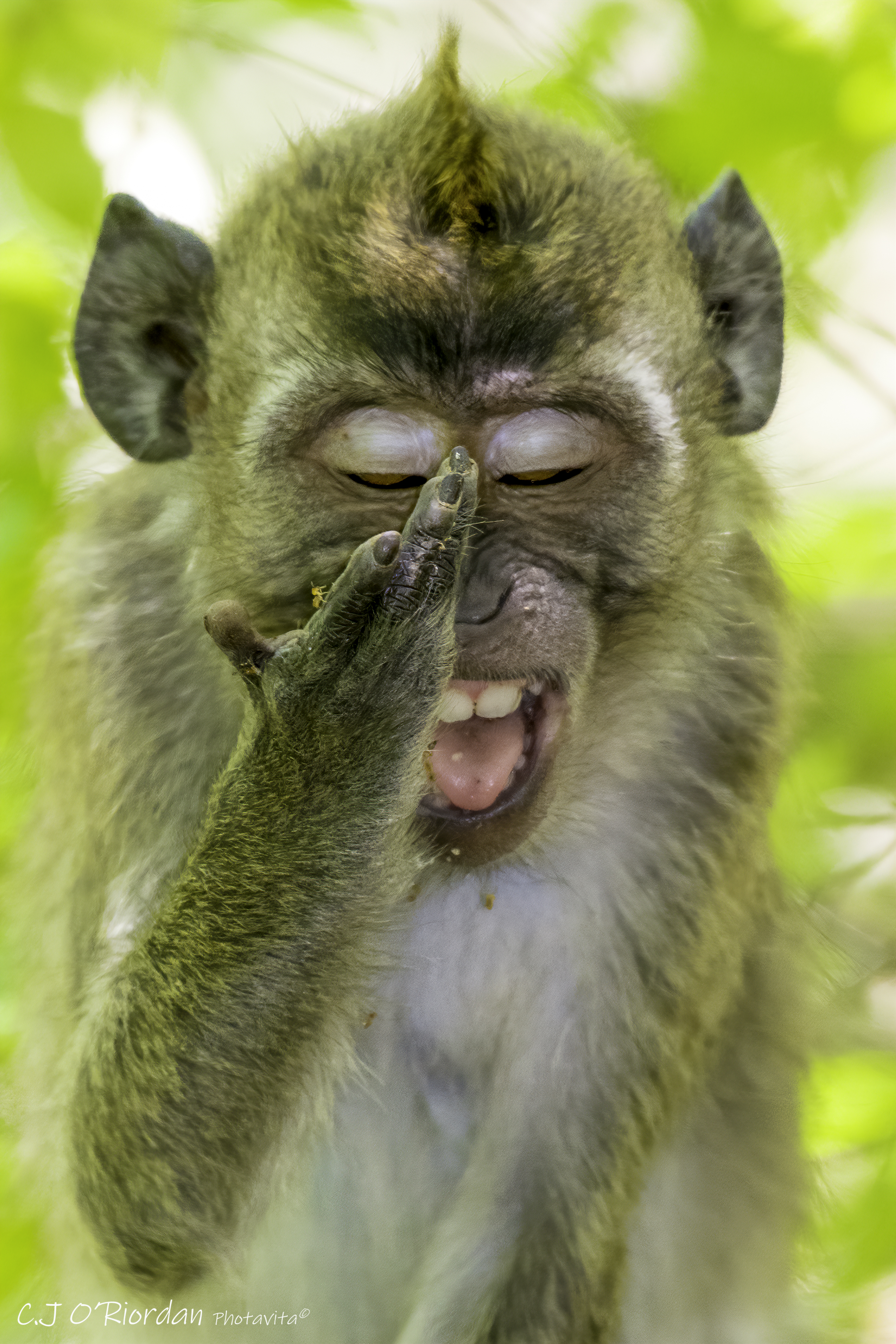Great Tit (Parus major)
Nikon D7200, Nikon 200-500mm f/5.6
f/6.3, 1/500s, ISO 500, 500mm Cambridgeshire 2019

The largest Tit species found in the UK, its range covers almost the whole of the mainland, apart from the highest parts of the the Scottish highlands.
It can be a bit of a bully and I see it on our bird feeders pushing off other species including Starlings, which takes some doing!
It has a distinctive call that sounds very much like Teacher! Teacher!


Ah, but you have seen them, in a manner of speaking. To quote Wikipedia:
I’m sure I’m wrong, but I imagine some colonist puritan going “We can’t keep talking of shameful female things… we will henceforth refer to them as chickadees”
Lol yes I can definitely see them getting hot under the frilly collar!
My understanding is that the Chickadees were moved to the genus Poecile (was a sub-genus) which does contain some birds called tit e.g. Willow Tit but is genetically distinct from the other genera that contain the UK birds we call Tits e.g Cyanistes (Blue Tit) or Parus (Great Tit). However, they are in the same Paridae family which are commonly referred to as the Tit family lol I think that’s why using common names becomes an issue when you need to be specific. Https://en.wikipedia.org/wiki/Tit_(bird)
I also think the problem is, since the advent of genetic testing, we are finding many species need recategorising. And even though the scientific names change the common names are unlikely to.